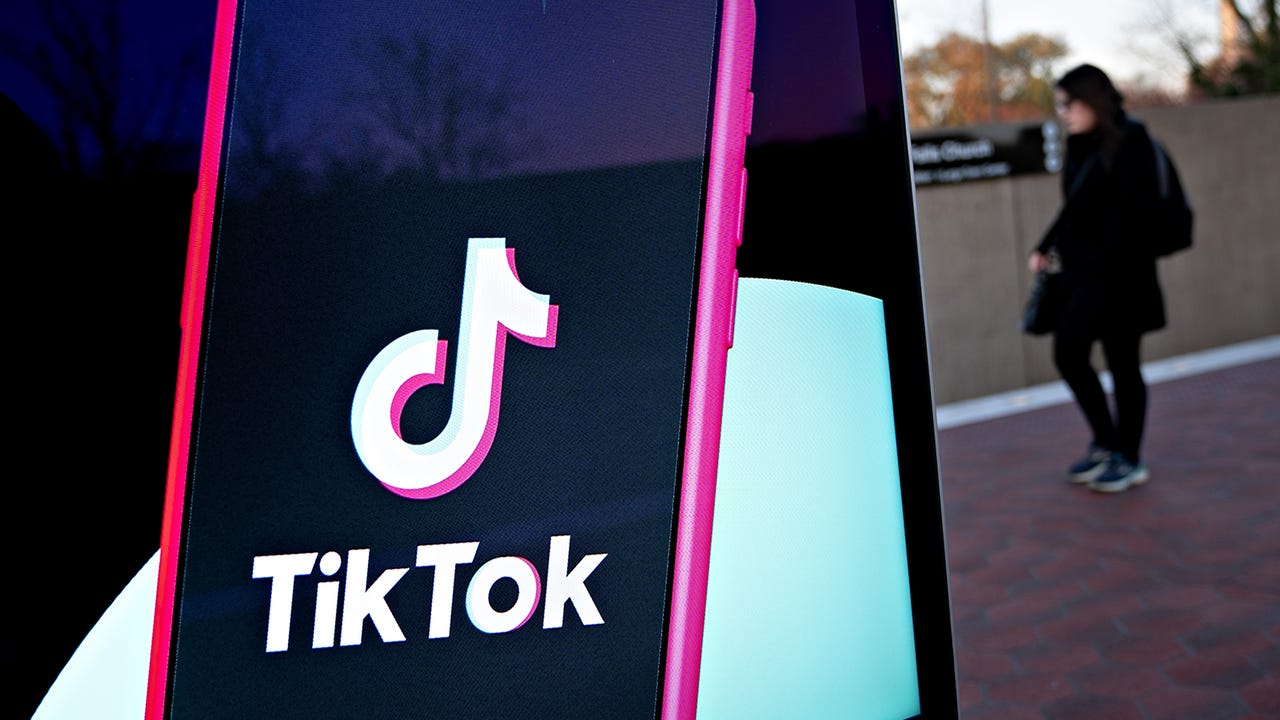'ZDNET Recommends': What exactly does it mean?
ZDNET's recommendations are based on many hours of testing, research, and comparison shopping. We gather data from the best available sources, including vendor and retailer listings as well as other relevant and independent reviews sites. And we pore over customer reviews to find out what matters to real people who already own and use the products and services we’re assessing.
When you click through from our site to a retailer and buy a product or service, we may earn affiliate commissions. This helps support our work, but does not affect what we cover or how, and it does not affect the price you pay. Neither ZDNET nor the author are compensated for these independent reviews. Indeed, we follow strict guidelines that ensure our editorial content is never influenced by advertisers.
ZDNET's editorial team writes on behalf of you, our reader. Our goal is to deliver the most accurate information and the most knowledgeable advice possible in order to help you make smarter buying decisions on tech gear and a wide array of products and services. Our editors thoroughly review and fact-check every article to ensure that our content meets the highest standards. If we have made an error or published misleading information, we will correct or clarify the article. If you see inaccuracies in our content, please report the mistake via this form.
TikTok bans explained: Everything you need to know


The U.S. has had a rocky relationship with TikTok and its Beijing-based parent company ByteDance.
In 2020, former president Donald Trump proposed ByteDance sell parts of its company to Microsoft. If an American company controlled TikTok, it was presumed the app would be less of a security concern for the U.S. and other countries.
Also: What is Lemon8 and why is everyone talking about it on TikTok?
By late last year, the U.S. Congress approved a motion to ban TikTok on all federal government-issued devices. In March, President Joe Biden's White House ordered all federal employees to remove the app from their devices within 30 days. A day later, the European Parliament ordered members from all three of its institutions to delete the app from government devices -- and urged members to delete it from their personal devices, too.
More than half of U.S. states have also banned or partially banned TikTok from state-issued government devices. In some states, the governors are eager to propose a nationwide ban on the app. Some public, state-funded universities have also banned the app from being used on university networks.
Also: How to go live on TikTok
Recently, Montana became the first U.S. state to ban TikTok on all personal devices, threatening to heavily fine Apple and Google if they keep TikTok available to download in their app marketplaces.
Here's why all of those bans are being enforced.
Which countries have banned TikTok on federal devices?
These are the countries that have banned TikTok because they believe the app poses a national security threat. There are other countries that banned the app years ago but cite shielding citizens from viewing inappropriate content as their reasoning for the ban.
- Taiwan.
- The U.S. and more than half of its state governments.
- Canada and its provinces.
- The European Union's governing bodies.
- Belgium.
- Denmark.
- New Zealand.
- The U.K.
- Australia.
Which U.S. states have banned TikTok?
For now, Montana is the only U.S. state to sign legislation into law that would ban TikTok on all personal devices in the state. But many public universities and university systems in the U.S. have banned TikTok from operation on campus Wi-Fi and university-owned devices.
Florida governor Ron DeSantis signed a bill into law that will prohibit personal devices from accessing TikTok on K-12 public schools' Wi-Fi networks.
It's unclear if any states are gearing up to follow Montana's lead and ban TikTok on every personal device within their state.
Why are some governments banning TikTok?
Each government organization that has banned TikTok from devices has cited security concerns. Each country's primary concern is that the Chinese government could order ByteDance to hand over the data it collects about its users. Western governments are adamant that if the Chinese government could access Western user data, Western security interests would be exposed.
Also: How to go live on TikTok (and how it can earn you real money)
TikTok can collect lots of personal information from its users. In the app's privacy policy, it states that when you create an account, upload content, or interact with the platform in any way, TikTok can and will collect the following:
- Any account and profile information (name, age, username, phone number, profile image, email, and password).
- Any user-generated content uploaded to the app (audio recording, photos, comments, and videos).
- Direct messages.
- Any information used to purchase something through the app (card numbers, names, information from third-party payment apps, billing, and shipping address).
Some of TikTok's information-gathering methods can be circumvented by taking steps like denying the app access to your contacts. But much of TikTok's information gathering is automatic and cannot be stopped by the user. For instance, you must share:
- Your device information (IP address, mobile carrier, and network type).
- Your location.
- Cookies.
- Device metadata (describes how, when, and where your user-generated content was created).
Also: The best lights for streaming on Twitch, YouTube, and TikTok
Some governments are concerned about the geopolitical consequences if the Chinese government accessed this much Western user data. It can be especially concerning if government officials with clearance to sensitive and classified information give away their personal data -- and that's why the ban on federal government-issued devices is being enforced.
What does TikTok have to say about the bans?
Following each government ban, TikTok has claimed the bans are unfounded, unfair, and implemented without evidence that the app poses a security concern.
After the Canadian government ban, a TikTok spokesperson told the BBC that the app's ban blocks Canadian officials from reaching people on a public platform. The spokesperson said no one from the Canadian government met with the company to discuss a compromise, and that the company is disappointed in the Canadian government's decision.
Also: These experts are racing to protect AI from hackers
TikTok had a similarly disapproving reaction to the European ban. The company said denying users access to government officials is a "self-defeating step".
After the U.S. announced its TikTok ban, TikTok spokesperson Brooke Oberwetter said the U.S.'s decision to ban the app without consulting the company prompted its allies to take the same steps. She said the company is disappointed in the U.S.'s decision.
Following the U.K. government ban, TikTok remains adamant that the government bans are based on geopolitical motivations, and insists that the app does not pose any significant threats.
Why is there legislation to ban TikTok?
To effectively ban TikTok in the U.S., President Biden will need lawmakers to rewrite the legal framework around banning foreign technological applications and software. When former President Trump tried to ban TikTok in late 2020, multiple federal judges said he illegally exercised his legal powers.
Also: 5 simple ways to stop spending so much time on your phone
To avoid legal blocks by federal courts, the U.S. House and Senate will need to pass the RESTRICT Act and the DATA Act.
What happened during TikTok's CEO's testimony?
The Biden administration is calling for TikTok's Chinese owners to divest their stakes in the app or risk a ban in the U.S. Earlier this year, during his testimony in front of the U.S. Congress, TikTok's CEO Shou Zi Chew said a divesture wouldn't entirely satisfy the U.S.'s concerns about national security.
As a result of Chew's testimony, more members of Congress supported two bipartisan bills that would give the president legal clearance to ban TikTok in the U.S.
Also: Quitting Twitter? How to join a Mastodon server with the official Android app
But Chew did mention a last-ditch effort to convince U.S. lawmakers that TikTok does not pose a national security risk. TikTok is spending $1.5 billion on Project Texas, an initiative to create a committee based in the U.S. made up of U.S. government-approved members to oversee, store, and monitor U.S. TikTok user data.
Project Texas would relocate all U.S. TikTok user data onto U.S. soil, ensuring that the data never makes contact with Chinese servers. But for many lawmakers and political pundits, this corporate restructuring is not enough to sway their opinion.